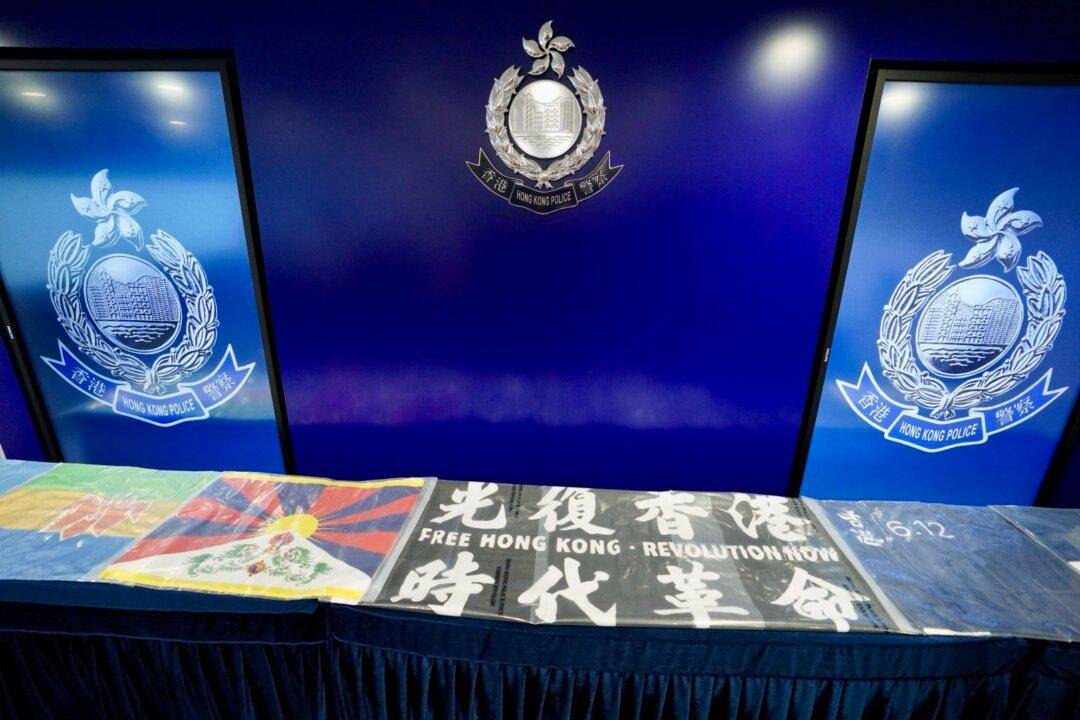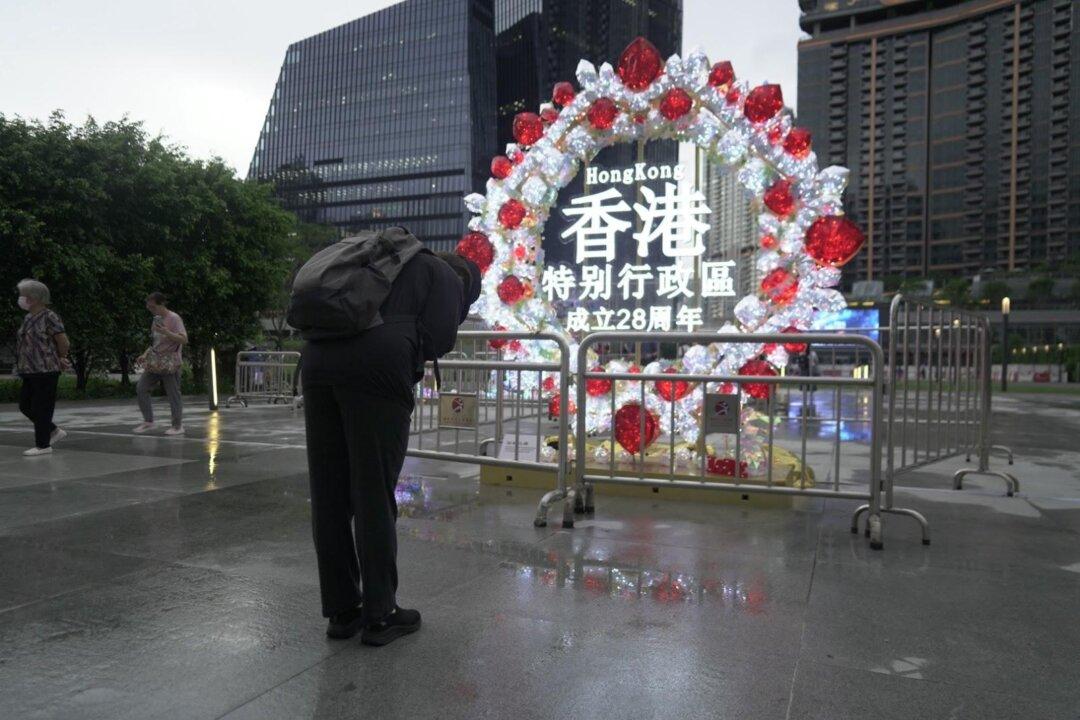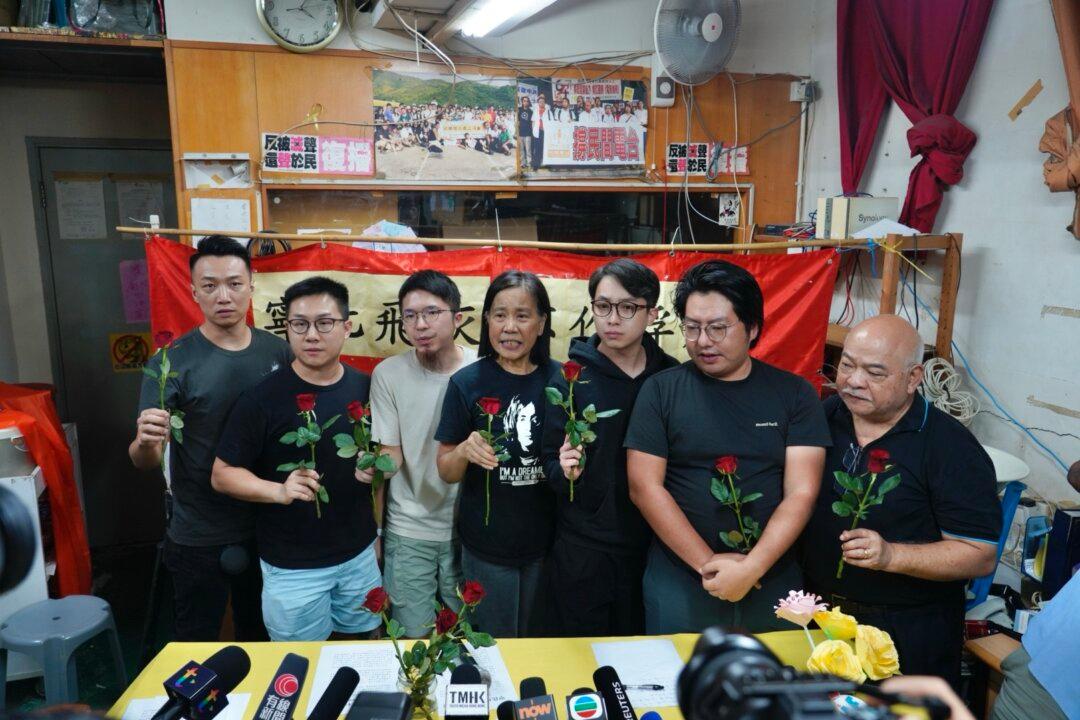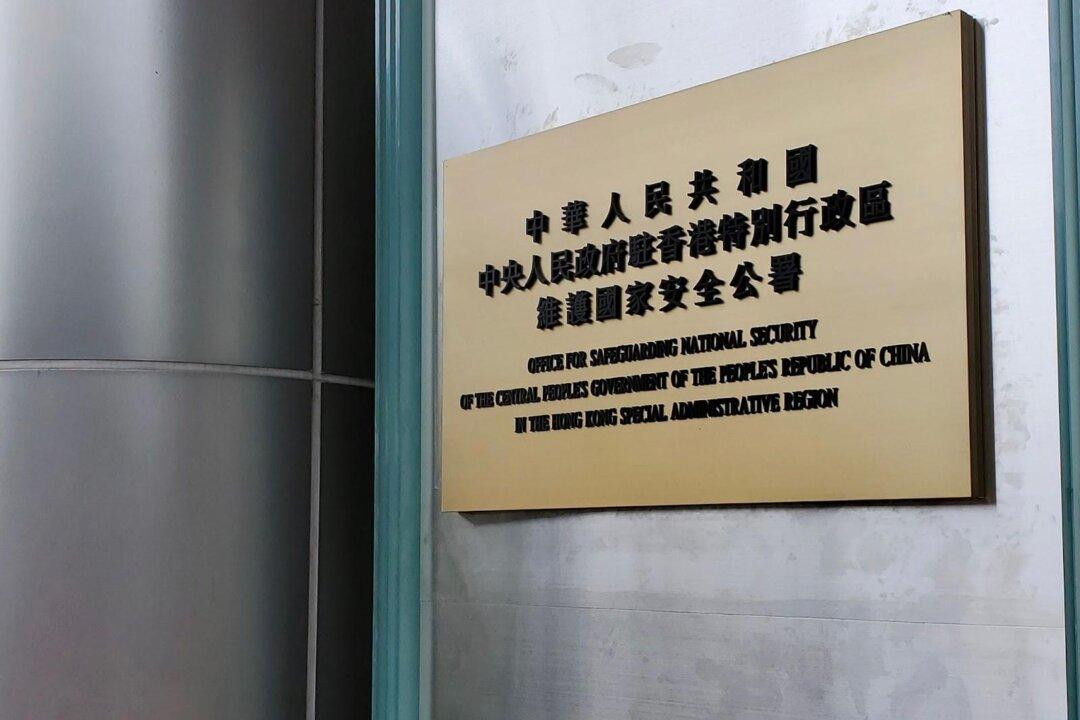One Month From Appeal to Transplant
Last month, Cleo’s mother and doctor appealed for a organ donor for Cleo, who suffered from dilated cardiomyopathy and acute heart failure. Dilated cardiomyopathy is a disease in which the heart chambers (ventricles) thin, stretch, enlarge, and make it difficult for the heart to pump blood.Dr. Simon Tang Yiu-hang, Director of Cluster Services of the Hospital Authority, said that it was difficult to find a suitable heart in Hong Kong for such a young baby, so he contacted the National Health Commission of China to help find a matching heart.
Origin of the Organ Donor Unknown
When asked whether using organs from the mainland had happened before, Tang described the incident as a “special case that warrants special attention.”Neither Tang nor the Children’s Hospital responded when asked which city the organ donor came from and how they ensured organ trafficking did not occur.
Tang said that he does not rule out the possibility of importing mainland organs through the same route in the future, but it depends on whether the patient can find a suitable organ in Hong Kong.
ISHLT: Don’t Use Organs from Mainland China
When asked about the International Society for Heart and Lung Transplantation’s (ISHLT) statement calling on members not to use organs from mainland China and whether they were worried that Hong Kong’s use of organs from mainland China would affect the reputation of organ transplants in Hong Kong, Tang said that with the high standards of mainland surgeons, he has “absolutely no worries that will affect our reputation in any way.”Organ Donations in China are Rare
In the United States, most people register for an organ donation, and the waiting time for a heart is 6-12 months.For Cleo, it took one month from appeal to donation to finding a heart that met the blood type and size and successfully transplanting it. The organ source remains unknown.
The extreme speed in which the heart was obtained has aroused widespread queries on social media, for in mainland China, the number of voluntary organ donations is extremely low.
Lo Chung-mau, the Secretary of Health, says that there are currently more than 3,500 Hong Kong residents waiting for organ transplants in the China Organ Transplant Response System (COTRS), and nearly 1,000 people have had transplant operations.
Nine Hong Kong residents donated their organs before passing away, which saved the lives of 24 mainlanders.
Organ Sharing Between Hong Kong and Mainland China
In May 2015, Lo, then director of the Liver Transplant Centre of Queen Mary Hospital, professor of the Department of Surgery of the Faculty of Medicine of Hong Kong University, and a liver transplant expert, had already expressed his hope for in-depth cooperation with the mainland during his interview with CN-HEALTHCARE (a health website). An organ-sharing scheme between Hong Kong and the mainland was suggested.He added that he has more than 20 years of experience cooperating with mainland transplant expert Zheng Shusen. “Zheng participated in our first liver transplant in Hong Kong,” he said.
In addition to being a liver transplant surgeon who has performed more than a thousand transplants, Zheng is also the vice chairperson of the “Anti-X Religion” Association of Zhejiang Province, a propaganda organization of the CCP used to incite hatred toward Falun Gong.




